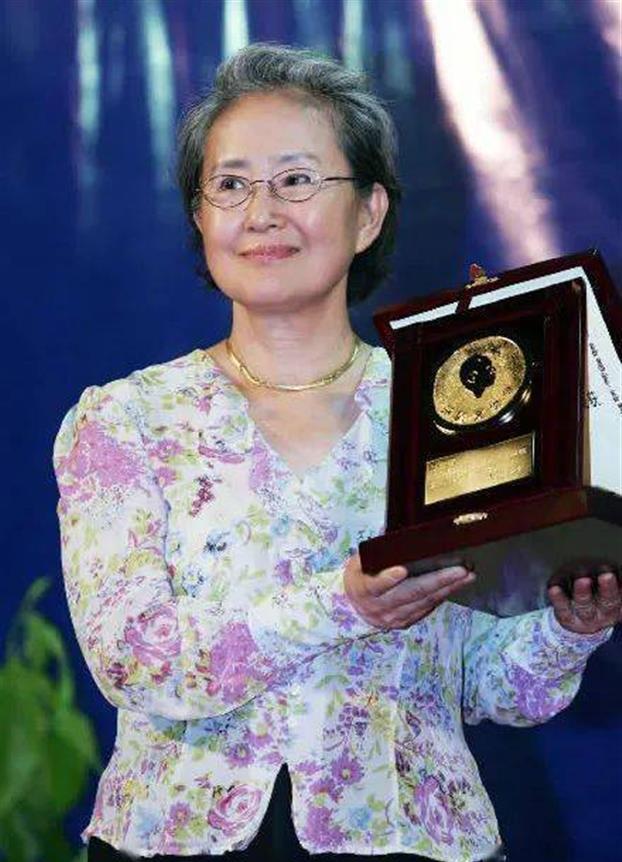Jimu news reporter Xu Ying
On February 7, the "Nostalgia" column of the China Writers Network launched the news that "The Famous Writer Zhang Jie Died", which was released: The famous writer Zhang Jie died of illness in the United States on January 21, 2022.
Born in Beijing in 1937, Zhang Jie began to engage in literary creation in 1978, and is an important representative writer of Chinese literature in the new era, spanning more than 40 years of creative career, there have been works that have come out and influenced. She is also a rare writer in the history of Chinese literature who has won the Mao Dun Literature Prize twice.

Zhang Jie's short story "Love, Cannot Be Forgotten" was once a household name, published in Beijing Literature, No. 11, 1979, and later included in the author's collection of novel essays of the same name. The novel uses the first person "I" (daughter) to tell the love story of "she" (mother), which breaks through the taboos of the elderly and love taboos that Chinese society has always had, and has a great impact after the publication of the novel, which has also caused some controversy.
In 1985, Zhang Jie's "Heavy Wings" won the second Mao Dun Literature Award together with Liu Xinwu's "Bell and Drum Tower" and other writers' works; in 2005, after 20 years, the 68-year-old Zhang Jie won the Sixth Mao Dun Literature Award together with the works of writers such as "No Word" and Xiong Zhaozheng's "Zhang Juzheng".
Zhou Xinmin, a literary critic and second-level professor at the School of Humanities of Huazhong University of Science and Technology, said in an interview with Jimu News that only Zhang Jie was remembered as a writer who won the Mao Dun Literature Award twice. "Zhang Jie is an old writer and a writer who pursues a lot in creation. Her works are very exploratory, she can always stand at the forefront of the times to think about problems, and her works are highly ideological. ”
Zhou Xinmin also mentioned Zhang Jie's short story "Love, Cannot Be Forgotten", which broke the forbidden zone in that era. For a long time in the 1970s, it was impossible to write about love, and "Love, Cannot Be Forgotten" reflected the social problems of young people pursuing marital autonomy.
Zhang Jie's first Mao Dun Literature Prize-winning work", "Heavy Wings", is the first novel in China to reflect the construction of the four modernizations and industrial reform. The novel focuses on the reform process and entangled contradictions of the Ministry of Heavy Industry and its affiliated Shuguang Automobile Manufacturing Plant, and shows the complex and arduous struggle experienced after the Third Plenary Session of the Eleventh Central Committee to shift the focus of the Party's work to the correct track of the construction of the Four Modernizations.
Zhang Jie's second Mao Dun Literature Prize-winning work "No Word", with the life experience of female writer Wu Wei as the main line, recounts the marriage story of her and several generations of women in her family, depicts the ups and downs of various people in the great social turmoil and great changes, shows the ups and downs of China in the past hundred years, and makes a unique record and examination of Twentieth Century China.
Zhang Jie joined the Chinese Writers Association in 1979. His works such as "Heavy Wings", "Wordless", "Love, Cannot Be Forgotten", "Emerald", "Child from the Forest" and so on have a wide influence. Some of his works have been translated into many languages and have won the Order of the Italian Knights and the German, Austrian, Dutch and other multi-national literary awards.